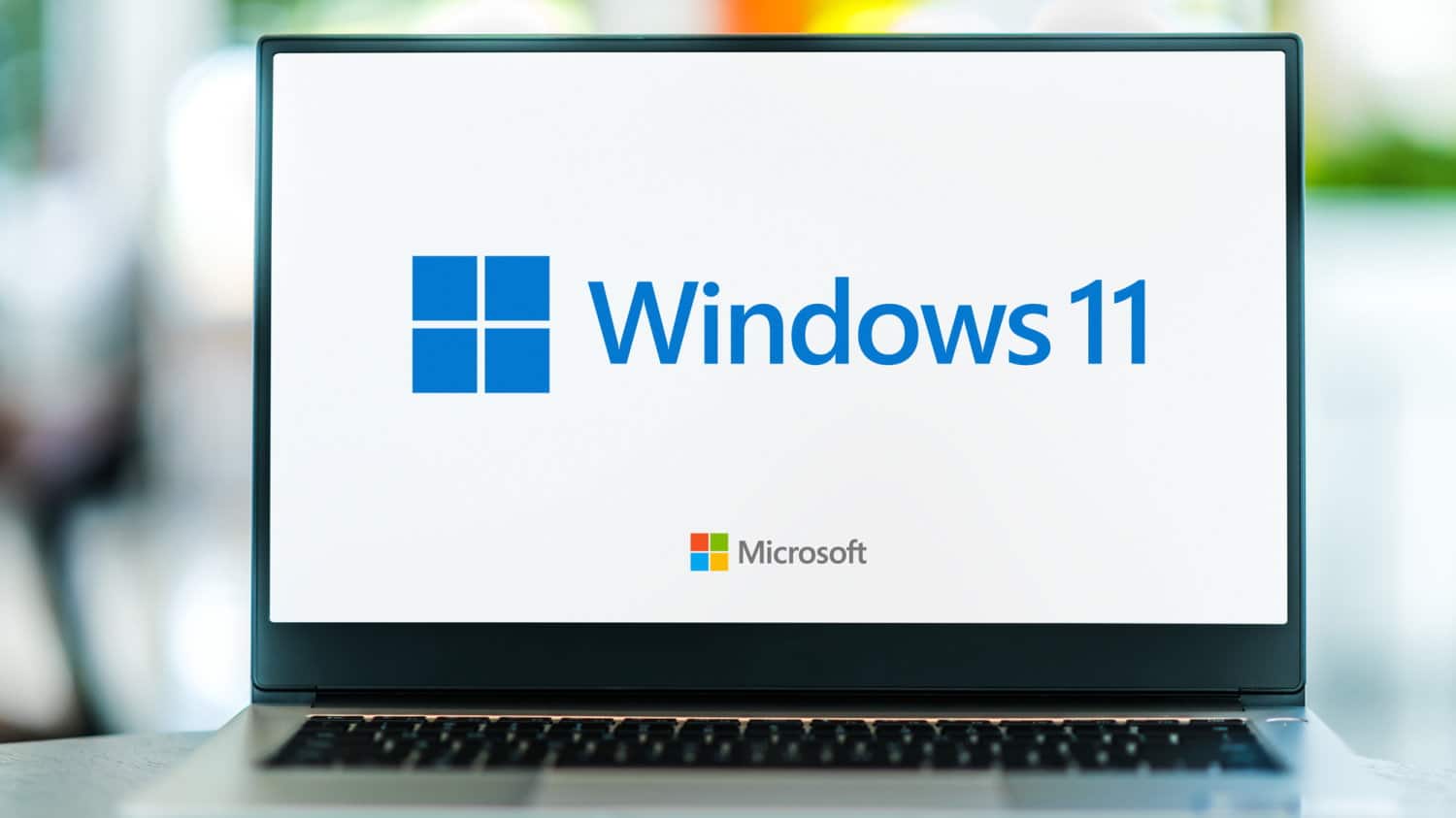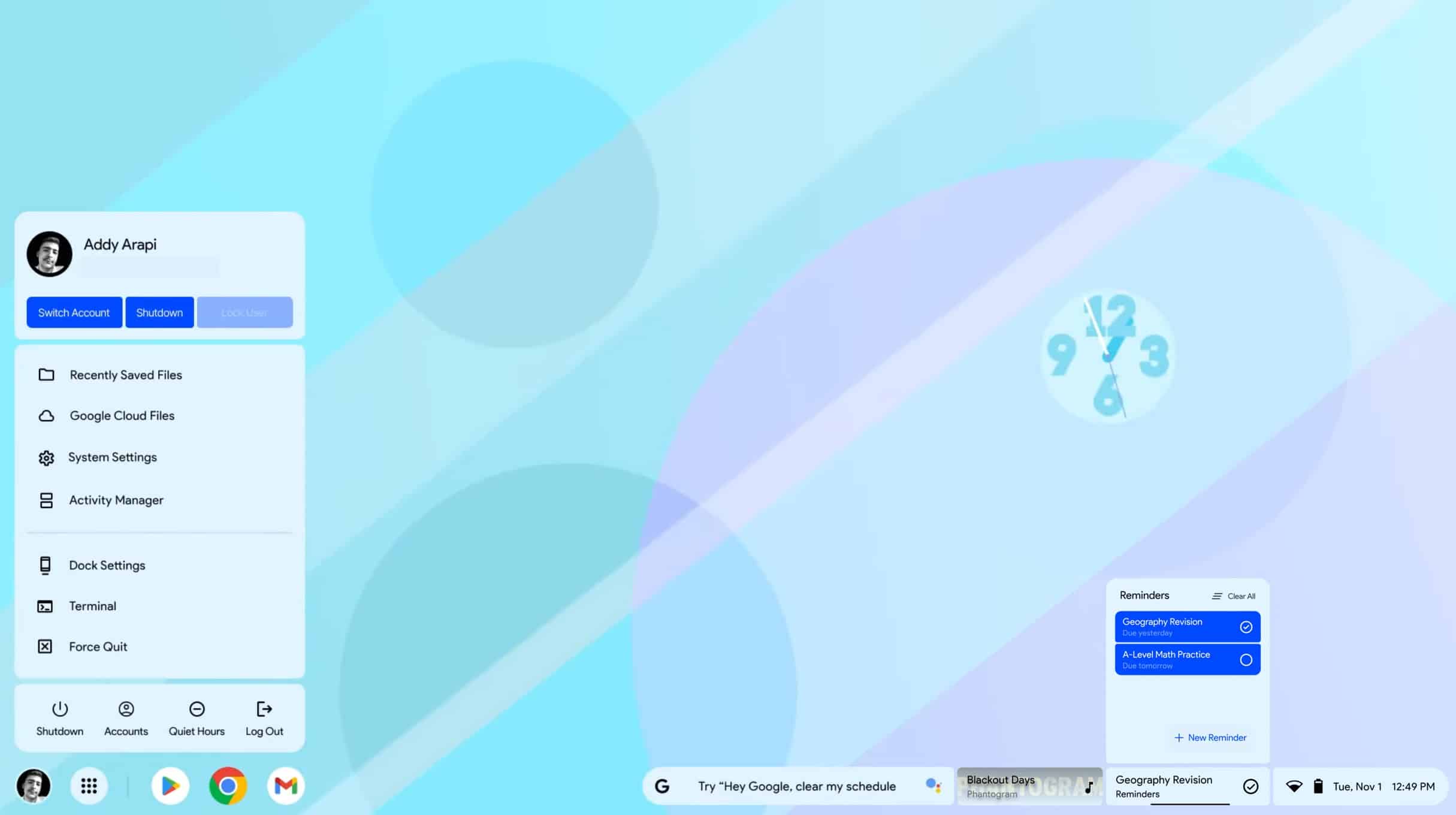
Email is the top vector for cyberattacks
Hot on the heels of a report showing that 40 percent of business emails have unwelcome content, comes another report revealing that email is now the top way of delivering cyberattacks.
The report from Tessian shows that 94 percent of organizations experienced a spear phishing or impersonation attack, and 92 percent suffered ransomware attacks over email this year.

Four out of 10 work emails are unwanted
Analysis of over 25 billion emails from Hornetsecurity reveals that 40.5 percent of work emails are unwanted.
We're tempted to say, "only four out of 10?" but it all depends how you define unwanted. The report looks specifically at the use of email to deliver malicious payloads -- so those emails from your boss that you'd rather not receive don't count!

Google announces long-overdue desktop VPN apps for Windows and macOS
Google has just offered an incentive to subscribe to Google One. The company is launching a desktop client that makes it possible to use its VPN service on Windows and macOS -- something that was previously only possible on iOS and Android devices.
While Google's VPN service and the associated apps are free, you need to be signed up to Google One Premium in order to access it.

Raspberry Pi creates its own Mastodon server -- running on a Raspberry Pi 4
Elon Musk bought Twitter for $44 billion, and he's been doing a terrible job of running things. He made the verification status confusing and nonsensical, but worst of all, he quickly fired thousands of workers. And so, many Twitter users have been abandoning the platform and switching to alternatives. You can find yours truly on Mastodon, for instance.
The folks over at Raspberry Pi are not abandoning Twitter (yet), but they are very alarmed by Musk's erratic behavior. As a result, they have created an account on the Mastodon social network in case they do decide to jump ship. Actually, they took things a step further and have begun running their own Mastodon server (also known as an "instance") at raspberrypi.social.

Got a small head? Shokz OpenRun Pro Mini bone conduction Bluetooth headphones are for you!
Christmas is on the horizon -- it is literally next month! In other words, you had better start your shopping soon. If you have a techie in your life you need to get a gift for, you might be thinking of wireless headphones, such as Apple AirPods. While that is a nice gift idea, maybe you should think outside the box instead and go for bone conduction headphones...
If you aren't familiar, bone conduction headphones don't go in or over your ear canals, but instead, they sort of transmit audio through your skull. It sounds crazy, I know, but it is a really cool technology that allows you to hear your surroundings. These types of headphones are ideal for those that exercise, bike, or walk in the street while listening to music.

Only a quarter of businesses have confidence ex-employees can no longer access infrastructure
Only 24 percent of respondents to a new survey are fully confident that ex-employees no longer have access to their company's infrastructure, while almost half of organizations are less than 50 percent confident that former employees no longer have access.
The study from Teleport also finds infrastructure is becoming more complex, with organizations using on average 5.7 different tools to manage access policy, making it complicated and time-consuming to completely shut off access.

IBM launches managed cloud service solution for VMware
Enterprises are increasingly turning to cloud and hybrid solutions. In order to help them unlock the benefits that this transition offers, today sees the launch of IBM Cloud for VMware as a Service.
The new offering provides an operated, secured and managed service by IBM Cloud, to help enterprises deploy cloud with the VMware software stack and IBM Cloud infrastructure.

Observability's not-so-secret link to revenue
In a lot of companies, observability or monitoring are words that only the technical groups understand. Perhaps the legal team is involved because there are SLAs that products must not breach, or it costs the company money in penalties. This is the wrong way to look at observability though -- it’s not simply a tool that verifies your application is performing properly and lets you avoid penalties. Instead, think of observability as a magnifying lens that helps all of the teams in your company understand how to increase revenue, by understanding the complexities of your product.
There are a couple of different ways to think of proper observability: It quantifies things that weren’t measurable previously. If something is measurable, it can be improved. Secondly, it’s a way to measure an entire, complex system -- both, portions which technology teams traditionally think about ("their code"), and third-party dependencies that no one thinks about until there are customer complaints.
Microsoft updates PowerToys with stability-boosting v0.64.1 patch release
The last update to PowerToys was a hugely significant one, adding two great new utilities in the form of a HOSTS file editor and the File Locksmith tool. Just a week on, it is time for another update.
The newly launched PowerToys v0.64.1 is described as a patch release and it includes a number of updates for several utilities. Among the tools receiving attention are FancyZones, Color Picker and File Locksmith.

Mark Zuckerberg lays off 13% of Meta's workforce (11,000 employees), this is the email he sent
We’ve known for a while that Meta, the parent company of Facebook and champion of the metaverse, was planning to significantly reduce the size of its workforce and today Mark Zuckerberg sent out an email confirming this to all Meta employees.
In the message he details the layoffs, explaining how the company got to this point, how it will work, other changes Meta will be making, and how the company will move forward. You can read the full email below:

Why environmental impact is important to the PaaS industry [Q&A]
Businesses of all sizes are keen to reduce their carbon footprints and impact on the environment. Moving systems to the cloud can be a tempting approach but one that risks simply moving your impact elsewhere.
Leah Goldfarb has recently been appointed as environmental impact officer at enterprise PaaS provider Platform.sh, we spoke to her to discover more about the role and the importance of environmental issues to the industry.

Microsoft releases important KB5019961 and KB5019980 updates for Windows 11
It is the time of the month when Microsoft publishes its Patch Tuesday updates, and as part of this, the company has just released two significant security updates for Windows 11 -- KB5019961 and KB5019980.
Available for Windows 11 21H2 and 22H2 respectively, the KB5019961 and KB5019980 updates not only address key security issues, but also add new features and options, as well as fixing non-security related bugs.

ChromeOS Redesigned shows us a possible future of Google's Linux-based operating system
Google’s ChromeOS is incredibly popular, particularly among students. It’s easy to see why as it’s lightweight, fast, and secure.
There is a slight learning curve to it though, especially if you’ve been using a different operating system for years, like Windows or macOS.

12 percent of employees take IP with them when leaving a job
New research into hundreds of insider threat investigations released by DTEX shows that 12 percent of employees take sensitive intellectual property with them when they leave an organization.
The DTEX i3 (Insider Intelligence and Investigations) team has produced an infographic of the results of the research.

New platform aims to tackle API security problems
API security is a major challenge for IT teams, traditional solutions are often fragmented, leading to the need for multiple products and added complexity and cost.
Israeli cybersecurity startup Wib is launching a holistic API security platform to bring complete visibility and control across the entire API ecosystem from code right through to production.


